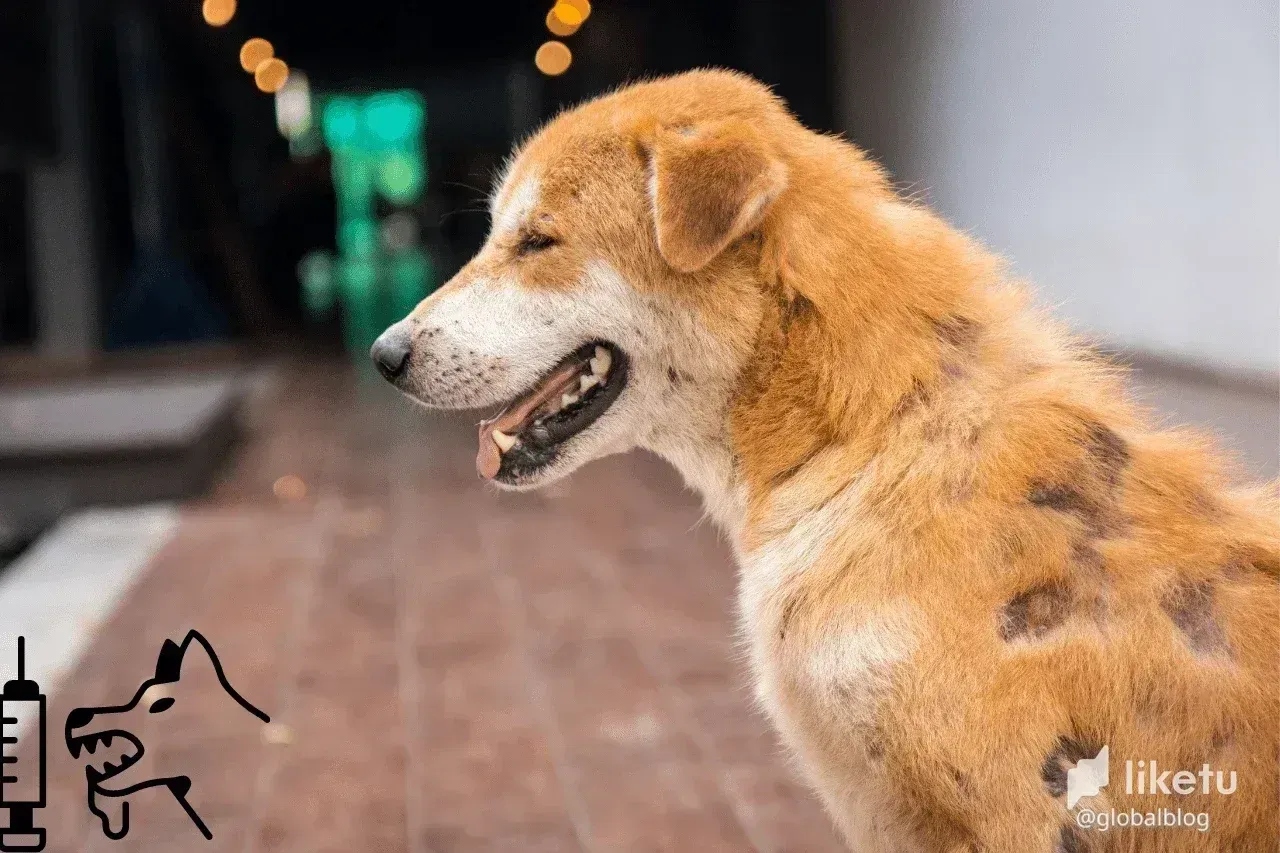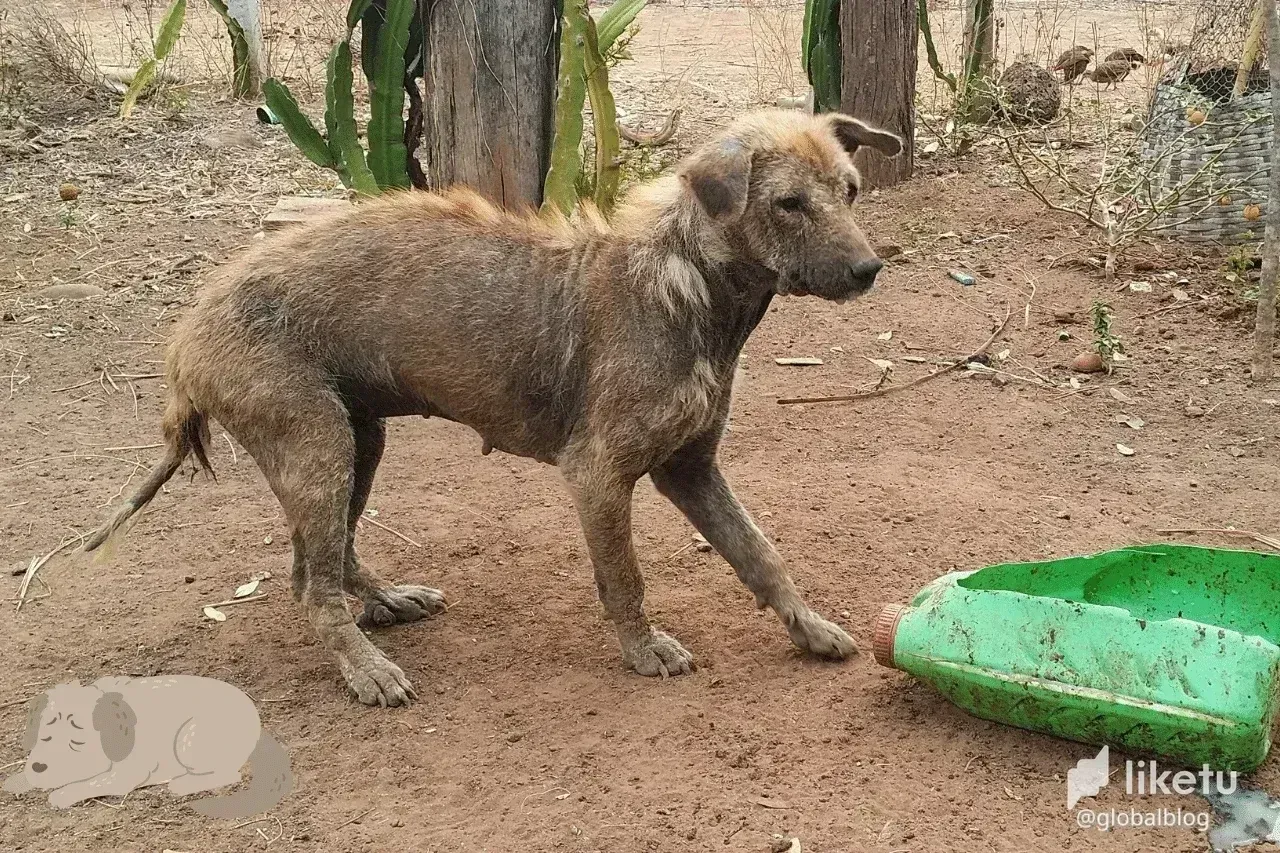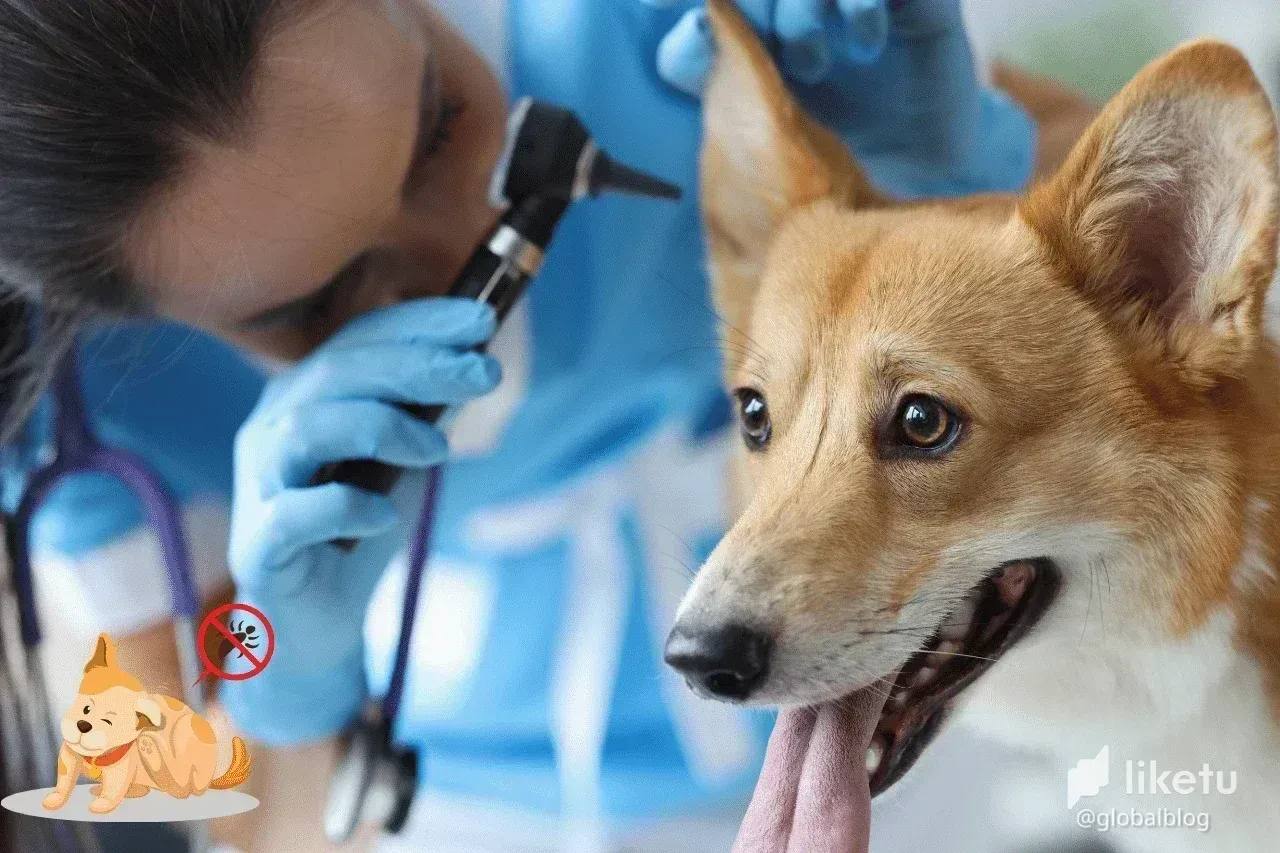


How does a dog get a fungal infection?
A fungal infection in your dog's body can be devastating. It affects the respiratory system and can even lead to pneumonia. The good news is that most cases of fungal infection in dogs can be successfully treated. The best way to prevent infection is to recognize the symptoms.
Dogs can get a fungal infection of the nose, chest, or other areas. While it's not common, it can be very harmful. Dogs can catch a fungal infection from other animals or from the environment, and some can even get the infection on their own body. If you suspect your dog has a fungal infection, consult a veterinarian for an accurate diagnosis.
Dogs can also get blastomycosis, a potentially fatal fungal infection. It's found in damp soil, such as swamps and lakes, and dogs can contract it by inhaling it. The fungus can easily spread throughout the dog's body, and if you suspect your dog has blastomycosis, you should get it treated as soon as possible.
How long can a dog live with a fungal infection?
A fungal infection in dogs can be a painful and debilitating disease. The sooner it's diagnosed, the easier it will be to treat. Treatment will include long-term use of antifungal medication to control the infection. A dog with a fungal infection should undergo regular examinations by a veterinarian to monitor the infection and the response to the antifungal medications.
If the infection is not treated properly, a dog may develop a severe inflammatory response, which makes it harder for the dog to recover. Typically, treatment will involve a course of voriconazole. Symptoms may include coughing, loss of appetite, lethargy, weight loss, and skin lesions. In severe cases, a dog may die.
Fungal infections are often caused by fungi that are widespread in the environment. They can be transferred from one animal to another, through the skin, and through the nose and sinuses. Whether or not a dog can survive with a fungal infection depends on the type and location of the infection.
Is a fungal infection on dogs contagious?
Dogs with symptoms of coccidioidomycosis may show signs of a chronic respiratory disease, anemia, enlarged lymph nodes, and digestive ulcers. The disease can also affect the eyes and joints. If not detected early, it can be fatal within two to five weeks. Antifungal treatments are recommended to combat this infection. In some cases, a second treatment may be needed.
Fungal infections in dogs are caused by different types of fungi. There are two main categories of fungal infections: localized and systematic. Localized fungal infections are found only on the dog's skin or external features, while systemic fungal infections affect major body systems. The fungi can infect the lungs, nose, bones, and eyes.
If you suspect your dog has a fungal infection, seek treatment immediately. The first step is to treat the fleas. Fortunately, a veterinarian can diagnose fungal infections, so your dog can be free of the fungi.
Is a fungal infection on dogs contagious?
Dogs can contract fungal infections through a variety of routes, including airborne spores, ingested food, and wounds exposed to fungi. This type of disease can cause significant damage to the body, and the only way to prevent the spread of infection is to treat the dog immediately and thoroughly.
Symptoms of a fungal infection vary from dog to dog, but they are generally the same. The disease can affect the entire body, including the skin, lungs, and gastrointestinal tract. Symptoms range from fever to decreased appetite to lameness. In some cases, dogs will also experience intermittent diarrhea and fever. The prognosis varies, and depends on how widespread the infection is.
The first step in diagnosing a fungal infection in your dog is to take a skin sample. Your veterinarian will examine the sample under a microscope to see if fungi are present. If the sample contains high levels of fungi, your dog is most likely suffering from a fungal infection. In some cases, the infection can recur and require continuous treatment, so it is important to seek a veterinarian's advice.